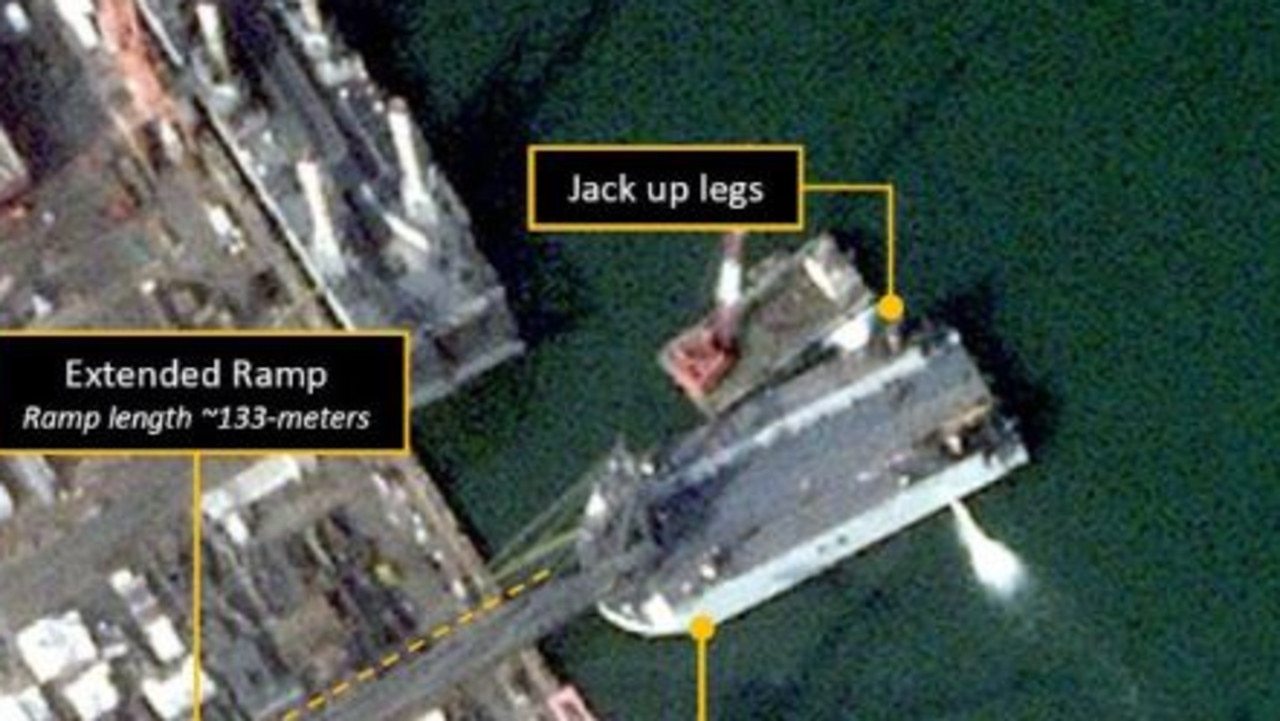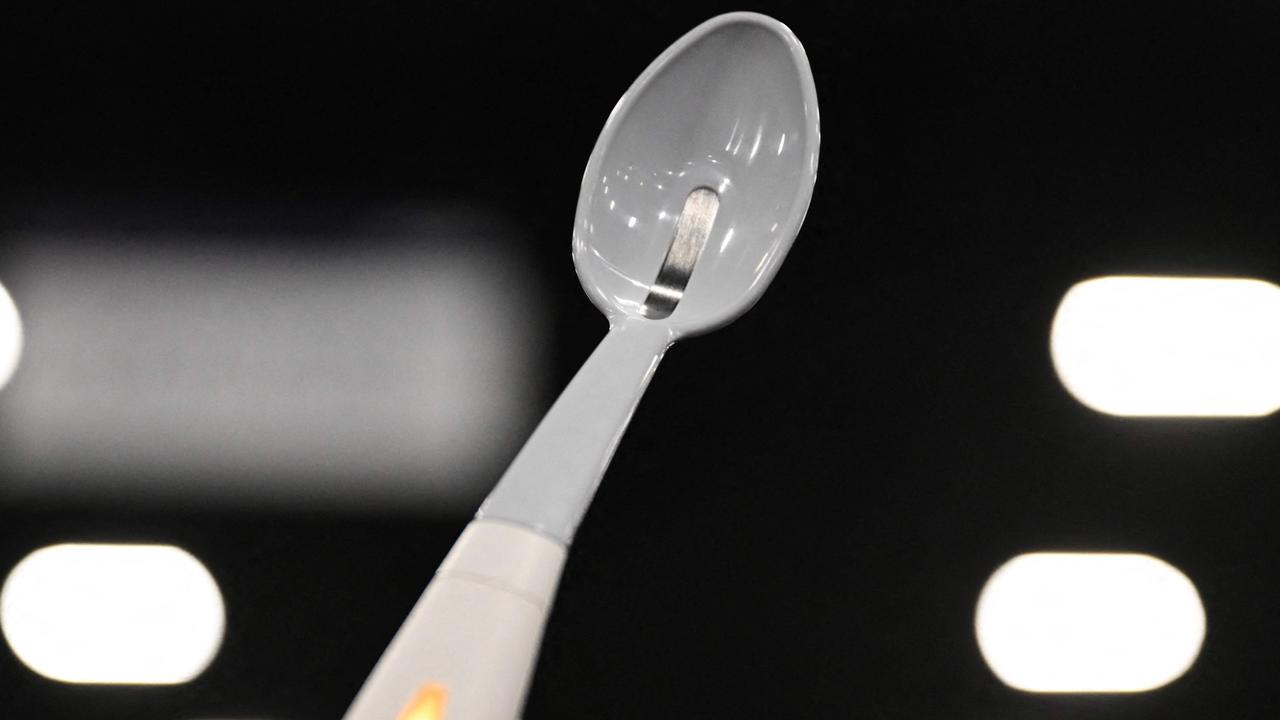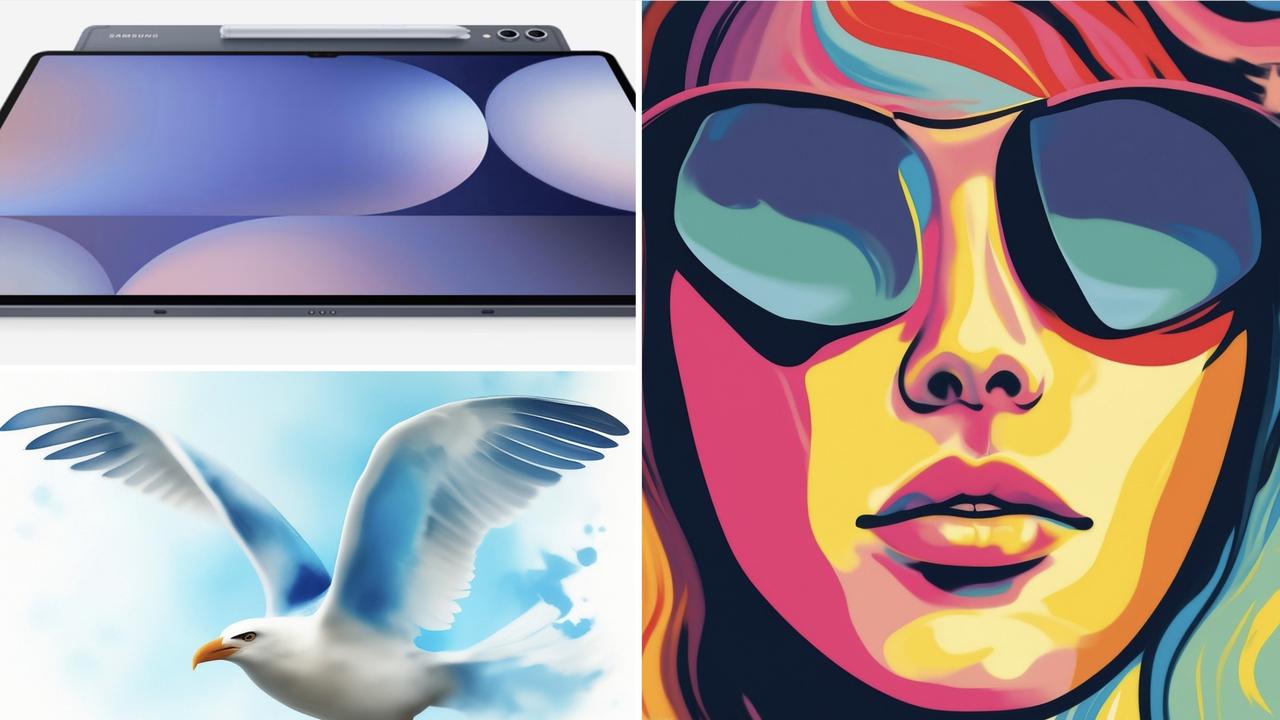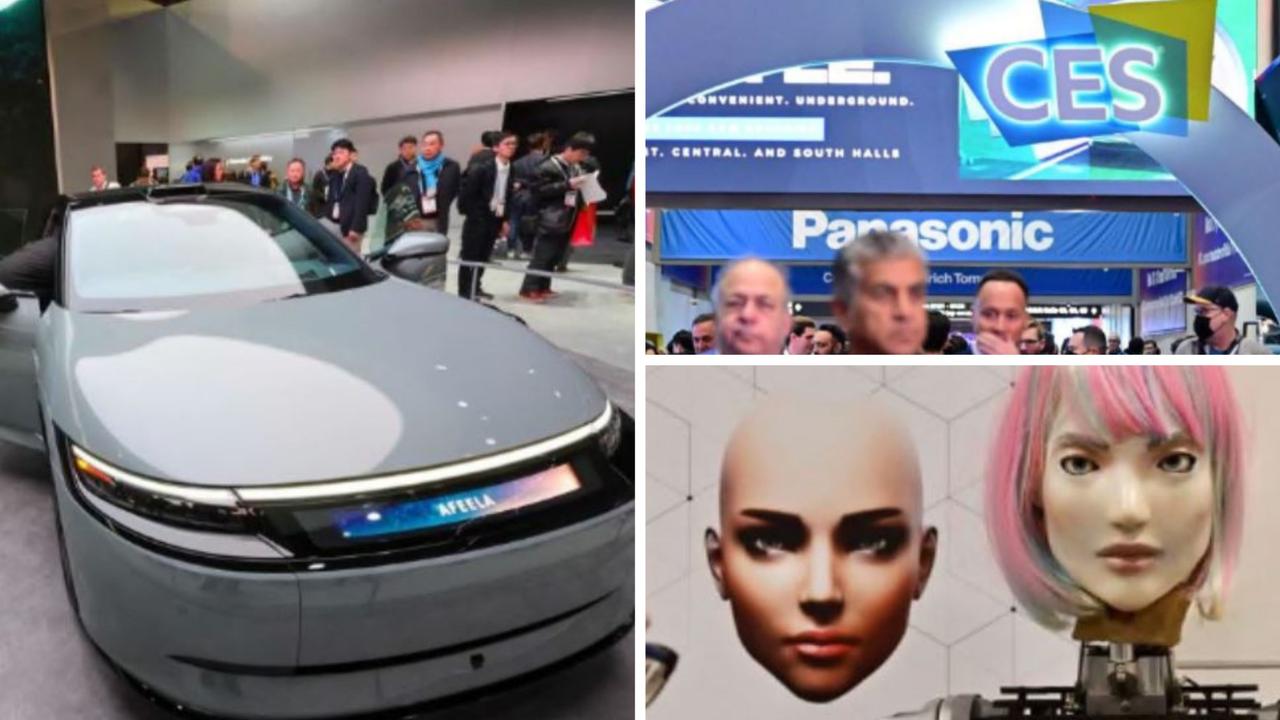Hi-tech boom gates to be trialled in Australia to stop drink-driving
Australia is set to embrace an innovative way to stop people from drink-driving by using a kind of hi-tech boom gate.

Innovation
Don't miss out on the headlines from Innovation. Followed categories will be added to My News.
An innovative new way to stop Aussies from getting behind the wheel after having too much to drink will trialled within months.
The first “alco-gate” — a hi-tech boom gate equipped with breathalysers — will be installed in Melbourne, but its exact location is a closely guarded secret according to the Herald Sun.
The technology was first used in Sweden where drivers who attempted to exit a ferry terminal were required to blow into a breathalyser attached to a boom gate.
The gate would only open if the driver’s blood alcohol concentration was under the limit.
It comes after the NRMA called on NSW to trial alco-gates at car parks near high-risk drink-driving environments, such as major sporting events and festivals.
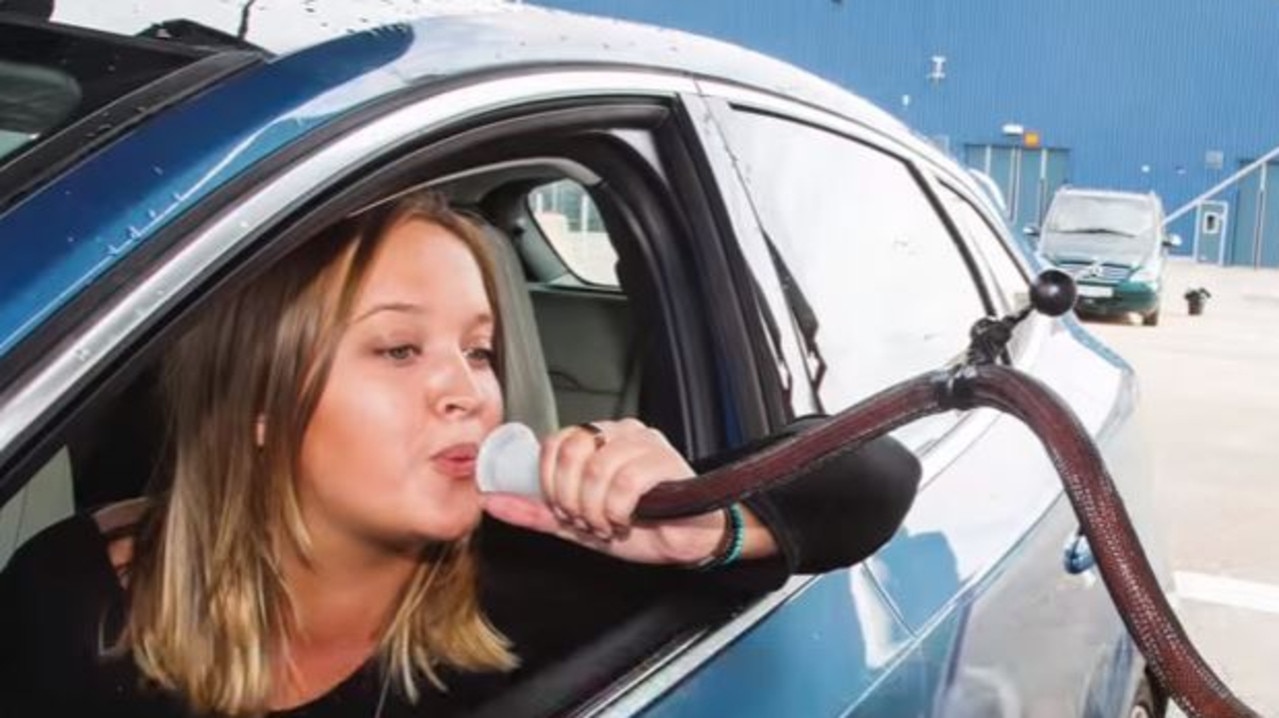
“It is vital that NSW is at the forefront of new and emerging road safety technology if we are serious about reducing the road toll,” the NRMA said in the recent report.
In 2016 the Victorian Government agreed to run a similar trial in the state at selected licensed venues.
More than three years later, the first Australian alco-gate — which will be monitored by security staff — is expected to be installed in Melbourne’s south around March and the trial is understood to finish by the end of 2019.
According to the Herald Sun, tender documents show the alco-gate sensors in Melbourne will be hygienic as motorists will simply breathe out without making contact with the device.
The NRMA’s call came after its survey of 1400 members found one in 16 drivers had been behind the wheel the morning after a drinking session, despite thinking they were still over the 0.05 blood alcohol limit.
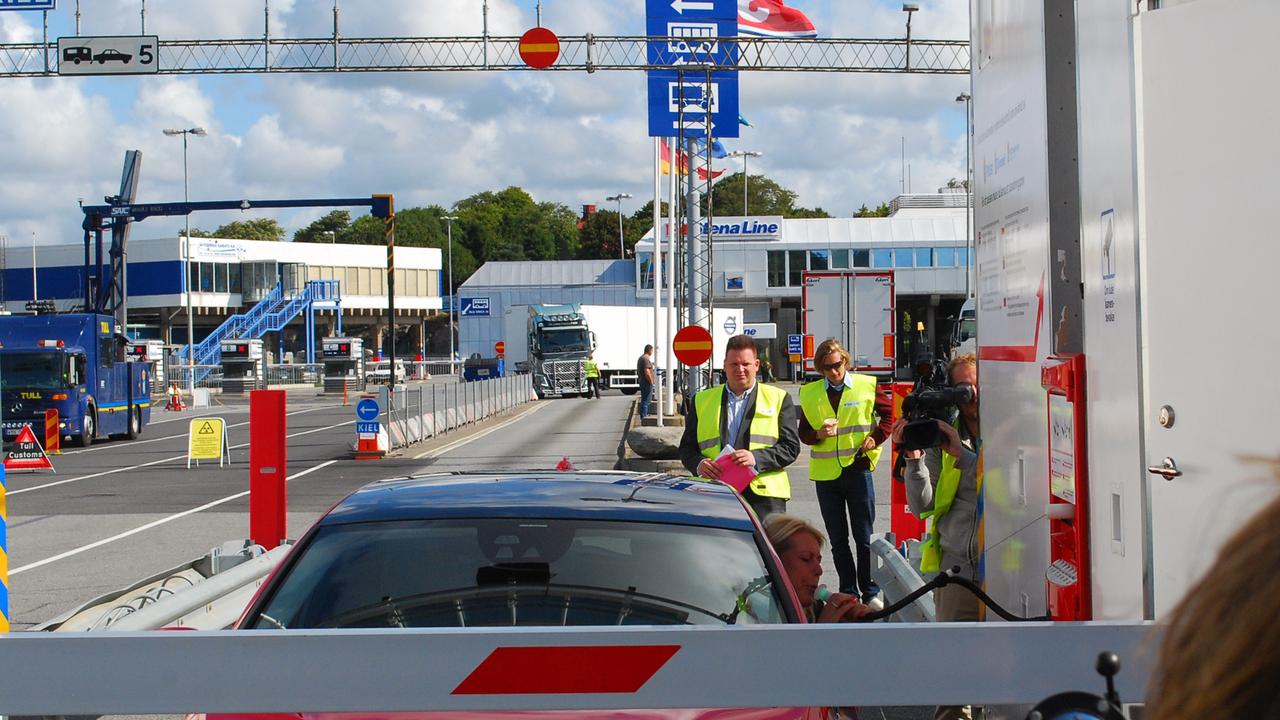
NRMA road safety expert Dimitra Vlahomitros said when an alarming 93 per cent of drink-drivers killed on our roads were men and 67 per cent were under the age of 40, it was clear more needed to be done to tackle those demographic groups most at risk.
“NRMA members rank drink-driving as their second biggest road safety fear. It’s been over 40 years since the NRMA launched the state’s first ever education campaign to tackle drink-driving and there is still a lot of work to be done to save lives,” Ms Vlahomitros said.
“Last year, NSW Police conducted nearly five million breath tests, so people getting in the car with alcohol in their system over the holiday period are at great risk of getting caught — if they don’t kill themselves or others first.”
Originally published as Hi-tech boom gates to be trialled in Australia to stop drink-driving


